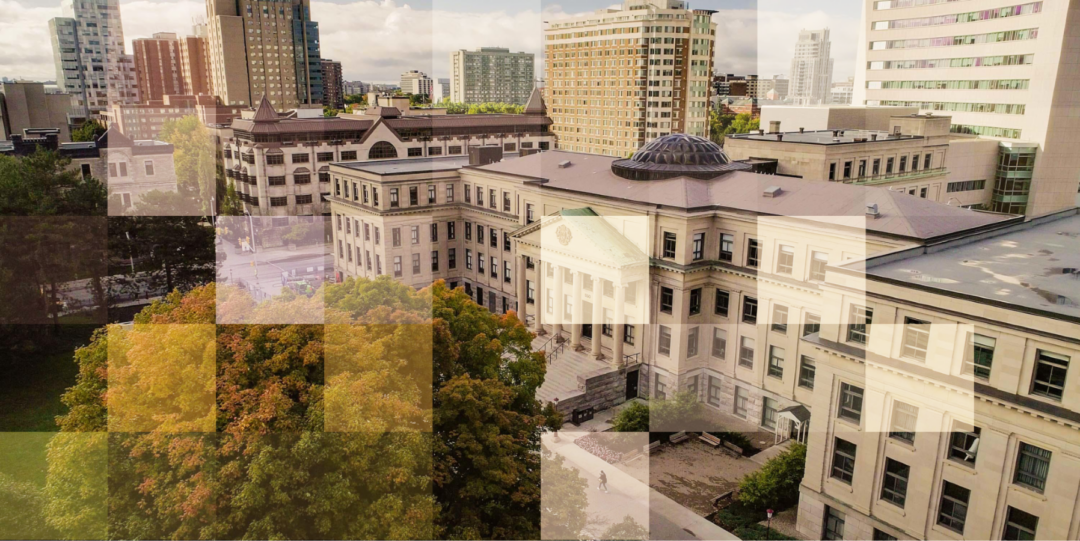Original post on September 20, 2022
Politics is gearing up again in Canada as summer turns to autumn. Michael Wernick, the former clerk of the privy council and secretary to cabinet, sets out the stakes in months – and years – ahead, and reflects on the passing of Queen Elizabeth II
Autumn in Canada is our true New Year – as summer weather fades away into cooler days and nights, students return to school and the rhythms of workplaces rev up. One of these workplaces is parliament, which traditionally resumes in September for a long session that will run with short breaks until next June, fraying the nerves and testing the endurance of our politicians and those who work for them.
This month was always going to be the start of a new political season. Last week the principal opposition party, the Conservatives, chose their leader, Pierre Poilievre, who now has three years to persuade Canadians he should be our prime minister. Odds are that he will be facing Justin Trudeau, who would be seeking a fourth mandate in 2025, but that is far from certain. Three years can be a long time in politics, as any UK politician of recent vintage could tell you.
It could be a turbulent three years. Poilievre is a populist, a partisan, most comfortable in attack, a skilled coiner of sound bites and catch phrases with a knack for getting under the skin or up the nose of his adversaries. Politics will be combative and personal and far more ideological than Canadians have been used to in the past. The most recent polling shows a dead heat between the governing Liberals and the Conservatives, which could be translated into a wide range of outcomes and scenarios by our first past the post electoral system.
But of course, the real vote is far away. Given the last three years brought us a global pandemic, the return of inflation and Putin’s attack on Ukraine, it would be brave to be too certain in forecasting what will be in voters’ minds as leaves turn colour in 2025.
Public servants find hyper-partisan episodes uncomfortable. Most of them go to work to deliver operations and services, and rarely are caught in the crossfire caused by new policies and laws. They can be when service delivery and execution become the issue of the day, as happened this past summer for some organisations.
Those who work closer to the policy space dutifully do their best to advise and support the government of the day – we only have one at a time – but they can’t help but be aware of the attacks coming in or the promises to roll back or reverse the very initiatives they are working on. Closer to 2025 some of them will even start to think hard about what would be involved in delivering for a very different government. I was closely involved in these tidal shifts in 2006 and 2015, less so in 1993 and 1984.
Read more: ‘Much more needed’ to combat racism and improve diversity in Canadian public service, says chief
The most interesting question for the public service in the short run is what the incumbent Liberal government will do to try to head off danger and increase its own prospects. Will it tack right or left in search of votes? Will it prioritise getting the deficit down or continue spending on programmes that ease the economic pain for key groups of voters? Should it focus on fixing our mediocre health care, or our dismal support for seniors, or our stressed out housing markets? Or all three? Will it double down on action to address climate warming, in part to sharpen the contrast with its adversaries. What will come of the service review it launched earlier this year and the spending reductions promised in the last Budget?
What could be different about the next three years is that the public sector seems likely to be a target of opportunity, not just for any specific shortcomings that can be made to reflect badly on the government, but for what it is. Populist politics needs a ‘them’ to resent – in many countries immigrants will do as a scapegoat – and often populists invoke vaguely defined elites, globalist cabals and ‘gatekeepers’. ‘Bureaucrats’ are easy to take shots at, because they aren’t able to push back.
Populists of left and right promise quick fixes, better services and results at lower costs and they shy away from acknowledging any trade offs, impediments or consequences. In the populist world, government will suddenly work better if it is more directly controlled and directed by the politicians, who know what needs to be done.
Meanwhile conflicting currents are running through our provincial politics. One is continuity. On October 3 Quebec seems likely to re-elect its centre-right government, meaning six premiers have been re-elected in the seven provincial elections held since the pandemic began.
The other is potentially disruptive. On October 6 the Alberta Conservatives will choose a new leader, who will then become premier of the province after the ousting of the previous one by his own party. One of the leading contenders, Danielle Smith, is a populist who is flirting with separatist gimmickry and the boundaries of legality and factfulness. Her victory would add a new and potentially disruptive x-factor into national politics. Her propensity for disinformation about the federal government may reinvigorate an old role for some parts of the federal public service, that of calling out and correcting her. I worked in such a unit when the separatists ran the government of Quebec in the early 1990s, but that was long before social media and its corrosion of reasoned argument.
And of course this September has been a poignant one for many Canadians, as we mourn the loss of the only sovereign most of us have ever known. Apart from the long shared history and the Commonwealth roots of so many Canadians, the Crown has special meaning in Canada for the military, for veterans, for our iconic Mounties, and indeed for Indigenous peoples. It has been gratifying to see the software of Westminster government executing a smooth transition to the new realities. Pundits and professors may get excited about revisiting our core constitutional arrangements but it seems very unlikely to be a priority for Canadians, or the politicians now battling for their attention. Whatever one thinks of the institution or the colonial history of the empire, Her Late Majesty was in many ways the ultimate public servant and diplomat, and she will be missed.

